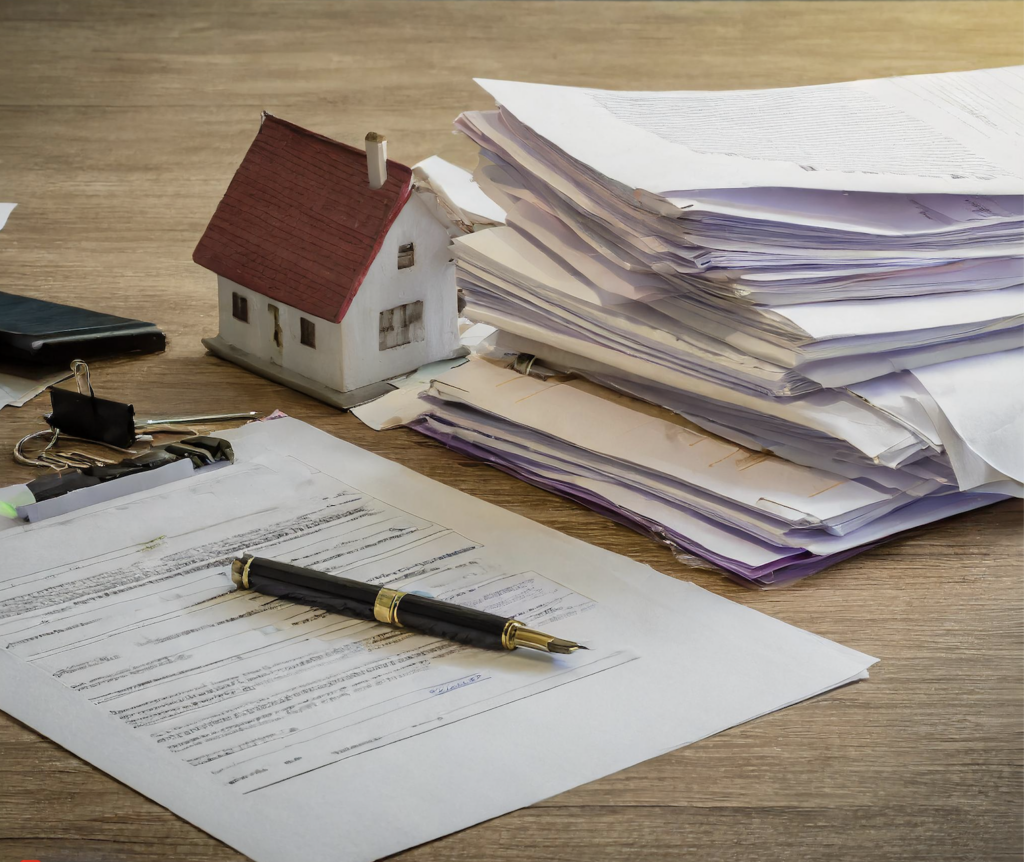
In the process of acquiring real estate, it is essential to have the appropriate documentation to avoid future legal problems. From the initial search to the final signing, each step requires careful review of documents to ensure a smooth and secure transaction. Here is a list of key legal documents to consider when making a property purchase:
- Nota Simple: This document provides official information on the legal and registration status of the property, including any existing charges, mortgages, or urban planning infractions.
- Catastral Certification: It offers details about the description and characteristics of the property according to the land registry.
- Reservation Contract: It is a preliminary agreement between buyer and seller that reserves the property for a specified period, establishing the conditions for the future purchase.
- Arras Contract: This contract specifies the terms and conditions of the transaction, as well as the consequences in case of breach by either party.
- Notarial Power of Attorney: If the buyer or seller cannot be present at the signing of the public deed, this document authorizes a legal representative to act on their behalf.
- Marriage Certificate and Marriage Settlements: If one of the spouses is involved in the transaction, these documents may be necessary to demonstrate their legal capacity to sell or buy.
- Hague Apostille: If the seller or buyer is a foreigner, this document certifies the authenticity of documents issued in another country.
- Company Certificate and Company Bylaws: If the property is acquired by a business entity, these documents are necessary to verify its existence and legitimacy.
- Declaration of New Construction: Mandatory in the case of new or rehabilitated housing, it confirms the legality of the construction and its registration in the property registry.
- Charges, Mortgage, and Urban Planning Infractions: It is crucial to verify the existence of charges or mortgages on the property, as well as ensuring there are no pending urban planning infractions.
- First Occupancy License: For new housing, this license confirms that the construction meets the legal requirements to be inhabited.
- Community of Owners Certificate: Provides information on the financial and legal status of the property’s homeowners’ association.
- Model 600, 210, and 211: Fiscal documents necessary for the payment of taxes related to the purchase of the property, such as Transfer Tax, Non-Resident Income Tax, and Personal Income Tax.
- Municipal Capital Gain Tax: This municipal tax applies to the increase in the value of urban land.
- Foreigner Identification Number (NIE): Required for any real estate transaction carried out by non-residents in Spain.
By considering these legal documents during the property purchase process, you can ensure a secure transaction and avoid potential legal complications in the future. It is advisable to seek the advice of a specialized lawyer.





